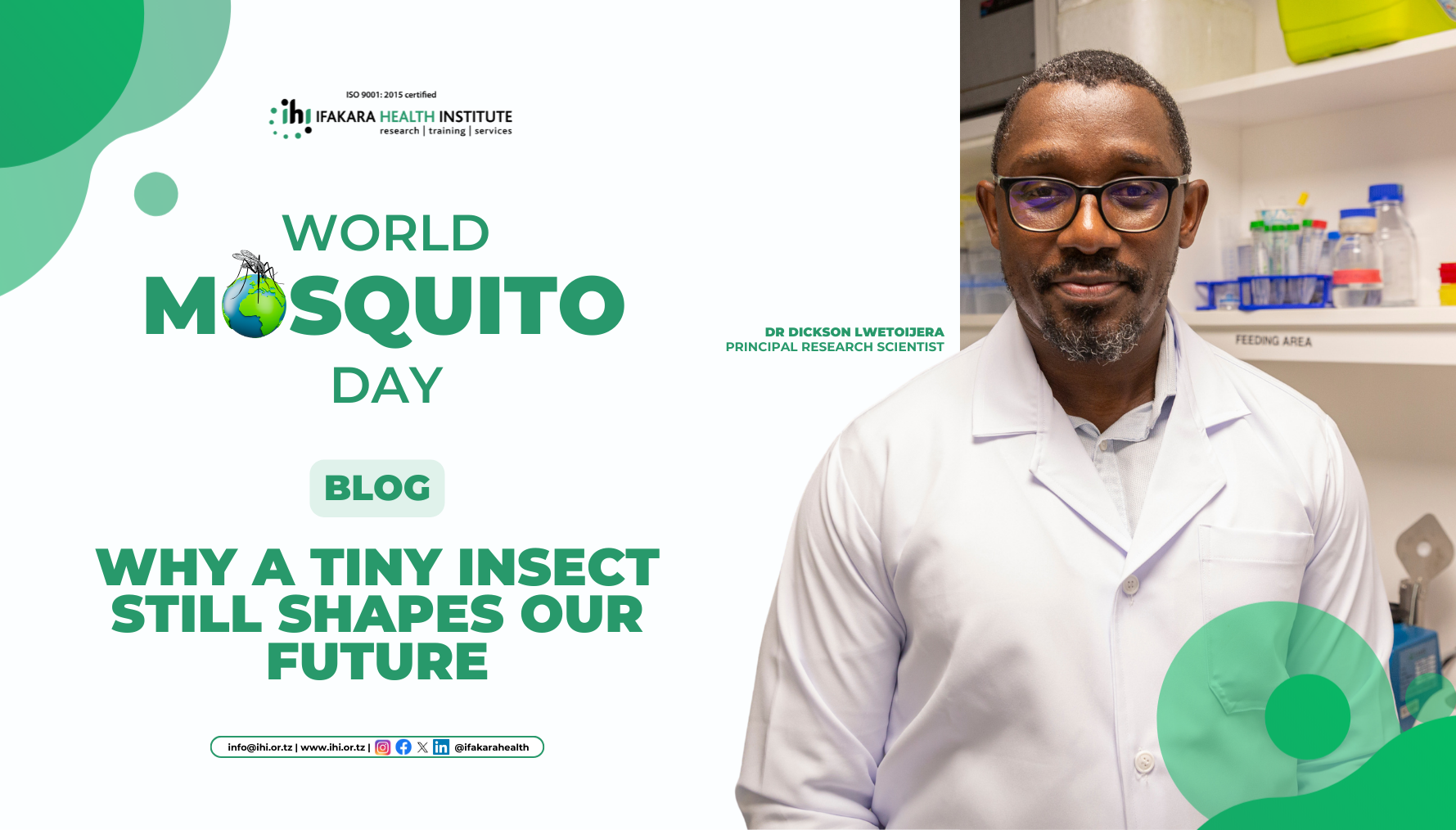
WORLD MOSQUITO DAY 2025: Why a tiny insect still shapes our future

>> Writes Dickson W. Lwetoijera
Every year on August 20th, the world pauses to mark World Mosquito Day. It’s not just another health day on the calendar—it’s a reminder of one of science’s most important discoveries. Back in 1897, Sir Ronald Ross found that mosquitoes were more than a buzzing nuisance—they were deadly carriers of malaria. That breakthrough transformed public health forever.
Fast forward to today, and mosquitoes remain the world’s most dangerous animals. Malaria still threatens millions of lives, especially in Africa. Yes, progress has been made—tools like mosquito nets and indoor spraying have saved millions. Between 2000 and 2015 alone, they helped prevent over 78 million cases of malaria. But here’s the worrying part: those big gains have stalled.
If things don’t change, by 2030 the world could see 270 million malaria cases every year, with over 600,000 deaths. That’s far from the global goal of reducing malaria by 90%.
Why the stall? Mosquitoes are clever. They’ve started resisting insecticides. They bite outdoors earlier in the evening, making nets less effective. Add climate change and fast-growing cities that create new breeding grounds, and the fight against malaria suddenly feels harder.
But here’s where hope—and science—step in.
Imagine a mosquito that can’t pass on malaria. Or a population of mosquitoes that shrinks on its own. That’s the promise of engineered gene-drive mosquitoes (EGDM). Unlike nets that you must use every night or spraying that must be repeated, these engineered mosquitoes can pass on traits that make them harmless to humans. In simple terms, it’s science fighting mosquitoes with mosquitoes.
At the Ifakara Health Institute (IHI) in Tanzania, scientists are working on this bold idea through the Transmission Zero (T0) Program. It’s a careful, step-by-step process that puts community voices, safety, and environmental checks first. The goal? To responsibly test whether this breakthrough could change the game in malaria elimination—not just in Tanzania, but across Africa.
On this World Mosquito Day, it’s worth asking ourselves: what would the world look like without malaria? Fewer hospital visits, fewer children missing school, fewer families living in fear of a mosquito bite.
It’s a future within reach—if we continue to innovate, support science, and act with urgency. After all, the fight against malaria is not just about defeating a disease. It’s about giving millions of people the chance to live healthier, freer lives.
Next time you hear the buzz of a mosquito, remember—it may be small, but our response to it must be big, bold, and united.
____________
>> Dickson Lwetoijera is a Principal Research Scientist with the Transmission Zero team at the Ifakara Health Institute in Bagamoyo.
